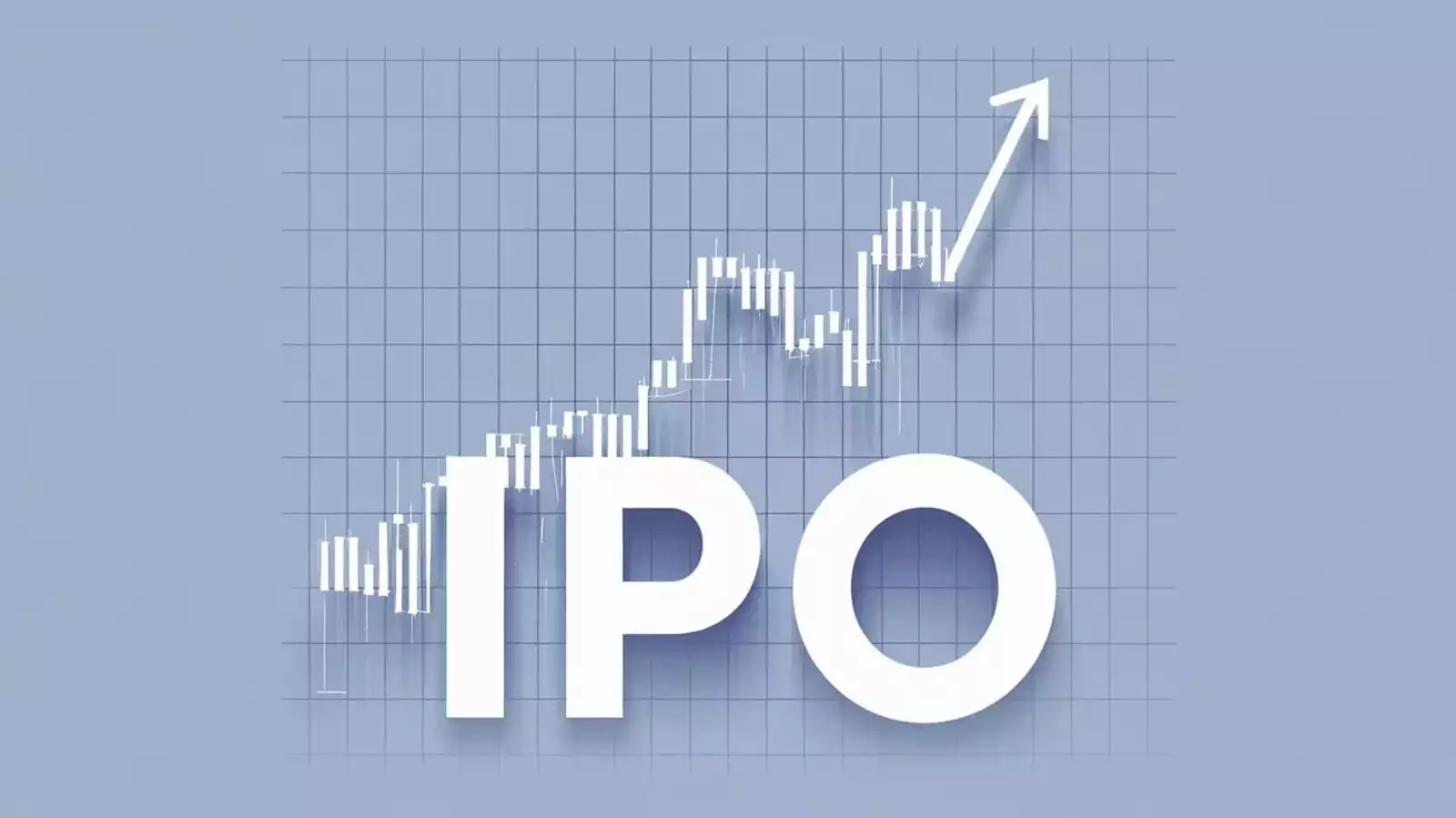An Initial Public Offering (IPO) is an important event in the financial world. It marks the transition of a private company to a publicly traded one. Through an IPO, a company offers its shares to the public for the first time, giving investors an opportunity to own a portion of the company. In this article, we’ll explore what an IPO is, how it works, and the impact it has on the company and its investors.
1. What is an IPO?
An IPO is the first sale of stock by a private company to the public. Companies use IPOs to raise capital, allowing them to fund expansion, pay off debt, or invest in research and development. Before an IPO, a company is typically privately owned by a small group of investors, such as the company’s founders, venture capitalists, or private equity firms. When the company goes public, its stock becomes available for purchase by anyone through a stock exchange.
Why it’s Important:
- Raising Capital: IPOs provide companies with the funds needed to grow and expand.
- Increased Visibility: Going public increases the company’s visibility and credibility in the marketplace.
Example:
- A recent example of an IPO is the listing of Airbnb in December 2020. Airbnb’s IPO raised nearly $3.5 billion and was a significant event in the travel industry, giving investors an opportunity to own a stake in one of the largest online accommodation platforms in the world.
2. How Does an IPO Work?
The process of going public involves several stages:
- Preparation: The company hires investment banks to help it prepare for the IPO. These banks assist with pricing the shares, filing necessary paperwork with regulatory bodies like the Securities and Exchange Commission (SEC), and marketing the IPO to potential investors.
- Pricing: The investment banks and company executives determine the price at which the shares will be offered. This pricing is based on factors such as the company’s financial health, future growth potential, and market conditions.
- Marketing: Once the price is set, the company and investment banks begin a roadshow, where they meet with institutional investors to sell the offering.
- Public Offering: After the roadshow, the company officially lists its shares on a stock exchange, allowing public investors to buy the shares.
Why it’s Important:
- Due Diligence: The IPO process involves a significant amount of scrutiny to ensure that the company is financially stable and transparent with its investors.
- Market Performance: The success of an IPO can impact the company’s future stock performance, reputation, and financial standing.
Example:
- Uber Technologies, when it went public in 2019, had a high-profile IPO. However, its stock struggled after the initial offering, highlighting that a successful IPO doesn’t always guarantee immediate market success.
3. The Impact of an IPO on a Company
For a company, going public can be a double-edged sword. On one hand, it raises funds and offers greater exposure, but on the other hand, it can introduce new challenges.
- Pros:
- Capital for Growth: IPOs provide the funds needed for expansion, acquisitions, or paying off existing debt.
- Increased Brand Recognition: Going public can increase the company’s brand recognition and help attract new customers and business partners.
- Cons:
- Public Scrutiny: Once a company goes public, it must comply with stringent regulations and disclose its financial information, which can attract more scrutiny from analysts, investors, and the media.
- Pressure for Short-Term Results: Public companies are often pressured to deliver quarterly earnings results, which can lead to a focus on short-term profits over long-term strategy.
Why it’s Important:
- Long-Term Strategy: While IPOs offer immediate financial benefits, companies must be prepared for the long-term responsibilities that come with being publicly traded.
Example:
- Facebook’s IPO in 2012 was a huge success, raising billions of dollars. However, the company faced initial struggles with its stock price, which affected its public perception. Over time, Facebook recovered and has grown into one of the most valuable companies in the world.
4. The Impact of an IPO on Investors
For investors, IPOs present an exciting opportunity to buy shares in a company at its early stages of becoming publicly traded. However, investing in IPOs also comes with risks.
- Opportunity for Early Investment: IPOs allow investors to buy shares before the company’s stock becomes publicly available on the market, which can lead to significant profits if the company performs well.
- Risk of Volatility: IPO stocks can be highly volatile in the short term, with prices often fluctuating significantly after the first day of trading.
Why it’s Important:
- Risk and Reward: IPOs can offer investors high returns, but they also come with higher risk due to the uncertainty surrounding a company’s future performance.
Example:
- The IPO of Beyond Meat in 2019 was highly anticipated, with its stock price skyrocketing after the initial offering. However, the company’s stock saw significant volatility afterward, causing some early investors to experience both large gains and losses.
Conclusion
An Initial Public Offering (IPO) is a significant event for both companies and investors. It provides companies with capital to fund growth while giving the public a chance to invest in the business. However, IPOs come with risks, including the pressure of public scrutiny and the volatility that often accompanies newly listed stocks. For investors, an IPO presents an opportunity to buy into a company at the beginning of its public journey, but it requires careful research and an understanding of the potential risks involved.

